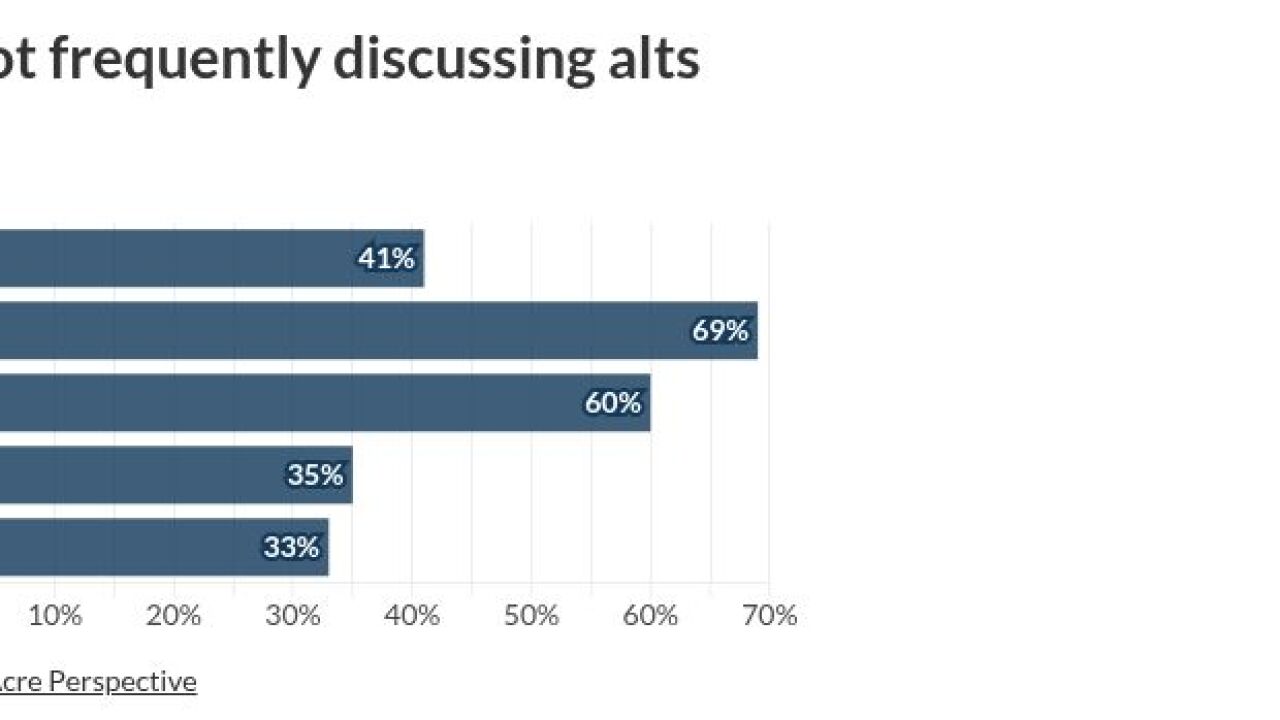Investment management firms, custodians and broker dealers all say that financial planners are embracing Web-based workstations that work on smart phones, but they don’t agree on how fast advisors are going down that path.
Securities America, for instance, offers an entirely Web-based workstation for its 1,900 affiliated advisors, and wants to make a lot of those applications available on the iPhone by yearend. The company is testing applications on the device to ensure it can safely handle sensitive client information, according to Doreen Griffith, a senior vice president and chief investment officer of the Omaha, Neb.-based independent broker dealer.
If the security issues check out, advisors will be able to access client account balance and transaction information directly from fund companies.
There is no rush to get those applications out to advisors, however, because although smart phone workstations are the wave of the future, advisors are not clamoring for them. Securities America is wary of rushing to embrace technology that might be rendered obsolete soon. The iPad, for instance, replicates a lot of iPhone functions, and with its larger screen, might be more preferable for tasks like trading.
“We don’t know too many advisors who are using the iPhone to trade just yet,” Griffith said. “You are going over a wireless connection and depending on where you are located the bandwidth may or may not be consistent.”
Other companies that also serve advisors are moving a little faster. Brinker Capital, an investment management firm based in Berwyn, Pa., introduced a suite of applications on Monday that allow financial advisors to access client information, view their assets under management by product type, monitor the status of clients’ incoming business as assets are incorporated into their portfolios, track the status of clients’ deposits and distributions and read Brinker’s blogs. Clients can access a message center, get detailed account information and instantly dial an advisor’s phone number with a click.
More than 130 investors and advisors have signed up for Brinker’s mobile apps, which are compatible with iPhone, BlackBerry and Treo devices, and 78 of them were advisors, according to John Coyne, president of Brinker Capital. That suggests that advisors, at least the ones who are clients of Brinker, are ready to embrace smart phone computing in their practices.
The company, which provides advisors with managed account investment programs for their individual and institutional investor clients, convened a series of focus groups to measure the program’s appeal. A lot of its advisor clients, who are typically in their late 40s and early 50s, travel a lot and meet clients outside the office.
“When people have the capability to do something that is important to them, they will do it,” said Ryan Widger, a consultant to Brinker Capital. “Age stops being an issue very quickly.” The financial crisis has also driven a lot of investors to check the status of their accounts much more often, and they expect their advisors to be just as nimble.
But compliance and client account security issues loom large over attempts to make investor information available anywhere, anytime. Most security professionals (57%) thought the iPhone posed the greatest security risk among smart phones, according to a study that nCircle, a San Francisco network security and compliance auditing firm, released on March 25. The survey of 257 professionals was conducted in February and March.
Brinker Capital’s first line of defense is to withhold all client information that its compliance department does not approve, according to Mike Katz, a director of online services for Brinker Capital. Other security features include secure encryption methods, automatic lockouts after failed login attempts and timed logouts.
Some custodial firms, like Boston-based Fidelity Investments, and TD Ameritrade Institutional, based in Jersey City, N.J., acknowledge market demand for mobile computing, but are moving more slowly on their roll outs. Fidelity announced on Monday that it rolled out several interactive enhancements to its Web site for advisors, including a BlackBerry application that provides Fidelity Advisor fund pricing and performance information. Fidelity focused on making that application available on the BlackBerry, because it is the device that most advisors use, and it’s providing fund data information because that area of its Web site is one of the most heavily trafficked, said Doug McLucas, vice president of Fidelity Investments Institutional Services. That application stops short of drilling down to client information, though, because advisors can go to their trading platforms to carry out those tasks, McLucas said.
TD Ameritrade is working on a package of mobile phone applications that it hopes to launch later this year. It will include a dashboard that will give advisors overview of their practices with total client accounts and assets, market data snapshots, business alerts and communications from TD Ameritrade, said Jon Patullo, TD Ameritrade’s director of technology platform management. Among other possible apps: real-time client account details, equity and mutual fund trading, watch lists and stock quotes and securities research.
“The demand is gradually growing, especially with some of the great tech tools out there today,” he said.





